Unlocking the Mysteries of Chaga: A Comprehensive Guide

Key Takeaways
- Chaga is a nutrient-rich fungus known for its numerous health benefits.
- Current research supports several traditional claims about Chaga.
- Chaga can be consumed in various forms, from coffee, tea to supplements.
- As with all supplements, it's essential to use Chaga responsibly.
- GreenHatShop offers a range of premium Chaga products.
About Chaga
The Chaga mushroom (Inonotus obliquus) grows predominantly on birch trees in cold regions. Its unique, charred appearance belies its nutrient-dense composition. Historically, Chaga has been a staple in traditional medicine, especially in Russia and Northern Europe. Curious about trying it? GreenHatShop's authentic Chaga mushroom product is an excellent place to start.
Chaga Benefits
Chaga is more than just a fungus; it's a health-boosting powerhouse:
- Antioxidant Powerhouse: Helps combat free radicals in the body.
- Immune System Boost: Historically used to enhance immune system function.
- Gut Health: Some believe Chaga promotes a healthier gut environment.
- Potential Anti-Cancer Properties: Early research suggests Chaga may play a role in inhibiting cancer cell growth.
Like all mushrooms, Chaga contains a bountiful supply of polysaccharides, or complex carbohydrates that provide the body with energy. Additionally, Chaga is known to be a powerful source of antioxidants that can help prevent free radical damage within the body. Other nutritional and biological factors may include:
- B-complex vitamins
- Vitamin D
- Potassium
- Rubidium
- Cesium
- Amino acids
- Fiber
- Copper
- Selenium
- Zinc
- Iron
- Manganese
- Magnesium
- Calcium
- Beta-glucans
- Terpenoids
Let’s break a couple of those down:
Beta-Glucans
Beta-glucans are a type of polysaccharide that are much more bioactive than other carbohydrate. Because they are bioactive, they are often linked to the positive health effects of many mushrooms.
Terpenoids
Like other mushrooms, Maitake also contains many different terpenoids, a modified classification of terpenes. These are lipids that are believed to give various mushrooms their immunomodulatory benefits.
Chaga Research
While Chaga’s benefits are well documented in traditional medicine, modern science is also turning its attention to this fungal wonder. Preliminary studies show promising results, particularly regarding its antioxidant properties. However, as with all health findings, it’s crucial to await more comprehensive research before drawing definitive conclusions.
Although Chaga’s use as a medicine dates back to some ancient Siberian cultures, modern research has just recently begun to delve into its true medicinal potential. There’s still more research to be done, but here are some potential Chaga benefits that have been researched:
Boosting Immunity
A 2005 study found that Chaga may stimulate the production of beneficial cytokines, a protein that regulates immune function. In turn, this could stimulate the white blood cell response to improve the body’s ability to fight off harmful viruses and bacteria.
On the other hand, the same study found that Chaga may also be able to prevent the production of harmful cytokines, which may help prevent inflammation triggered by bacteria and viruses.
A 2012 study confirmed these results when it found that Chaga extract could reduce gut inflammation by inhibiting non-beneficial cytokine production.
Cancer Prevention and Treatments
In vitro and animal studies have shown some promising results when using Chaga to prevent or inhibit the growth of cancer cells. One animal study found that Chaga supplementation reduced tumor size by 60%.
Another study found that Chaga tea could prevent and slow the proliferation of human colon cancer cells.
In a test-tube study, chaga extract prevented the growth of cancer in human liver cells. Other studies have observed similar results when using Chaga to combat the cells of liver, lung and breast, prostate, and colon cancer.
Antioxidant Boost
Although there are thought to be other beneficial reactions at play, Chaga’s promising cancer-inhibiting properties are most often linked to it’s high antioxidant content. Specifically, Chaga contains large amounts of triterpene, an antioxidant that’s tough to help kill cancer cells. In general, antioxidants help protect the body from free radical damage, which is overall beneficial for tissues, organs, immune functions, skin health, and more.
Lowering Blood Sugar
Multiple animal studies have investigated Chaga’s impact on blood sugar, and all have confirmed that Chaga supplementation may help to lower blood sugar. One study looked at the impact of Chaga on mice with Type 2 diabetes and bound the mice to have lower blood sugar levels and lower weight after four weeks of use.
Another study found that Chaga supplementation reduced blood sugar by 31 % on average after only three weeks of use. Studies from 2006, 2014, and 2017 all confirmed similar effects.
Although this evidence is promising, more human trials are necessary to understand whether Chaga can have a positive impact on Diabetes and blood sugar levels in humans.
Lowers Cholesterol
Chaga extract could also help to manage Cholesterol level to benefit heart health, although evidence is currently limited. One study found that Chaga extract reduced the levels of bad cholesterol, total cholesterol, and triglycerides in rats while simultaneously boosting antioxidant levels. A 2008 study and a 2017 study observed similar results, but also found that Chaga may increase levels of good cholesterol as well.
How to Use Chaga
Chaga's versatility shines in its varied forms of consumption:
- Chaga Tea: The classic way to enjoy. Steep and sip for a mild, earthy flavor.
- Supplements: Birch Chaga Microbiome Wellness Capsules offer an easy, daily dose of Chaga goodness.
- Powders: Incorporate Birch Chaga Microbiome Wellness Powder into your smoothies or meals for a nutrient boost.
- Delicious Treats: Fancy a treat with benefits? Try Birch Chaga Truffles.
- Infused Coffee: Elevate your morning ritual with Mushroom Coffee Fusion with Lion’s Mane & Chaga available in both 4oz and 16oz sizes.
Source and Quality Importance
The quality of your wellness supplements is incredibly important, especially since supplements are not regulated the same way as prescription medications. Ensure that the Chaga supplement you buy comes from a trustworthy manufacturer like us GreenHatShop, specifically that uses a third-party testing process to ensure quality. You may also look for a company that is experienced with wellness supplements and uses a cGMP compliant manufacturing facility.
Download Supplier Certificate i.e. for our GreenHatShop's authentic Chaga mushroom product.
When Should I Take Chaga Mushrooms?
You can take Chaga at different points during the day depending on how you intend to use it. Some people drink Chaga tea before bed and claim that it improved the quality of their sleep, although this has not been substantiated through research.
If you’re looking to reap the general wellness benefits of Chaga, though, it’s best to add it to your morning routine with a coffee and ensure that you take a dose every day. It may take several days or up to two weeks to experience the full benefits of Chaga supplementation, so taking it irregularly is not as beneficial.
Chaga Safety
While Chaga is beneficial for many, it's not without potential side effects. It's essential to consider:
- Blood Sugar Monitoring: Chaga may impact blood sugar levels.
- Potential Bleeding Risks: Chaga might increase bleeding risk in some individuals.
- Pregnancy & Breastfeeding: The safety of Chaga during these periods remains uncertain.
Frequently Asked Questions
- Can I consume Chaga daily? Yes, but always stick to recommended dosages and consult with a healthcare expert.
- What does Chaga taste like? It has a mild, earthy flavor, with hints of vanilla in some preparations.
- Where can I buy trusted Chaga products? GreenHatShop offers a curated selection of premium Chaga items.
- How long does it take to feel the effects of chaga? Some people experience benefits after using Chaga only once, but most people will begin to feel the full benefits of Chaga after 2-3 weeks of regular doses.
- How Much Chaga Should I Take Daily? Unlike some functional mushrooms, Chaga is not usually dosed by the milligram. In most cases, you’ll find chaga in a whole powdered form, meaning the entire mushroom is dried and powdered into a formulation that can be used to make tea, coffee or other beverages. People may use up to a gram of chaga to brew a cup of tea or coffee and may drink 1-3 cups of the tea a day.




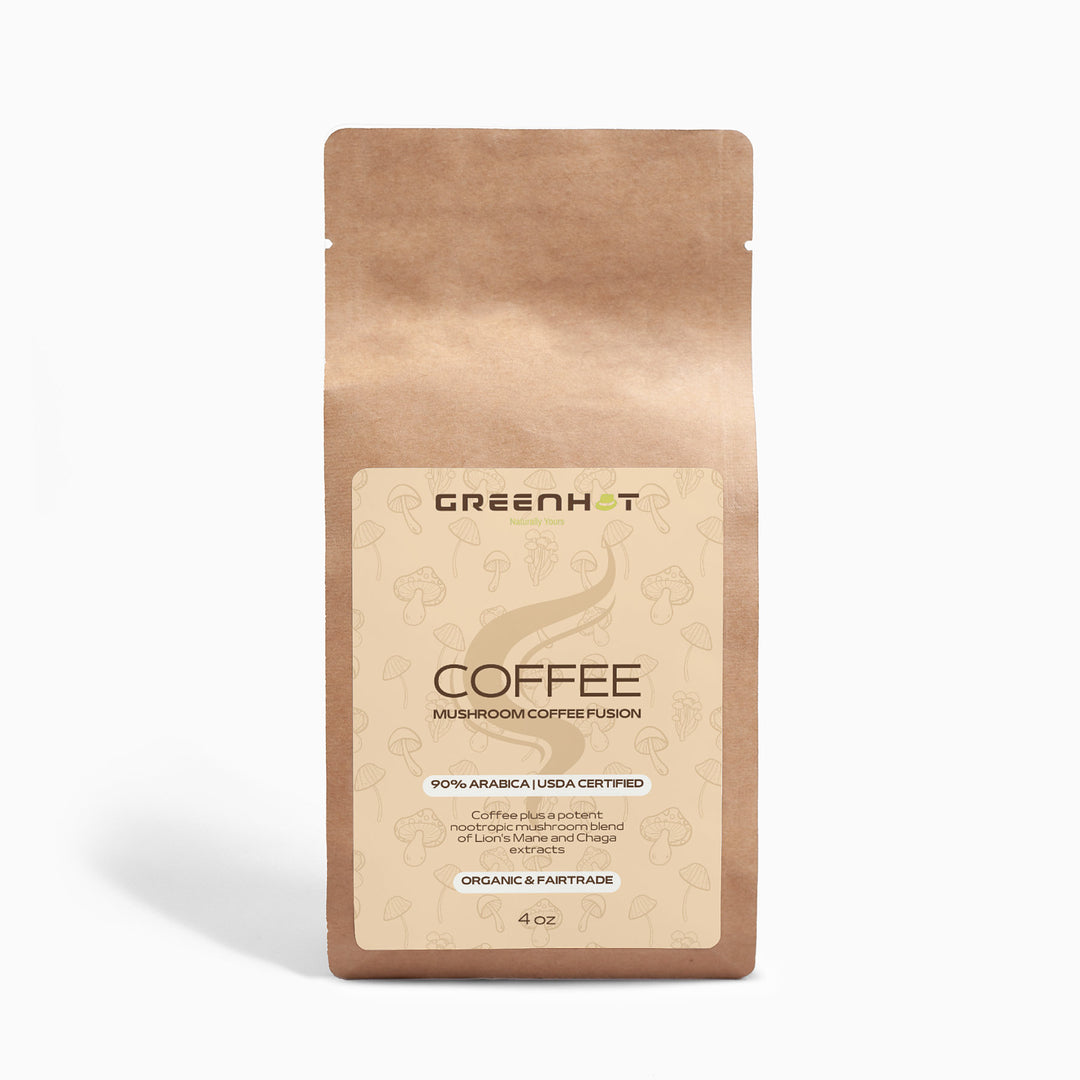
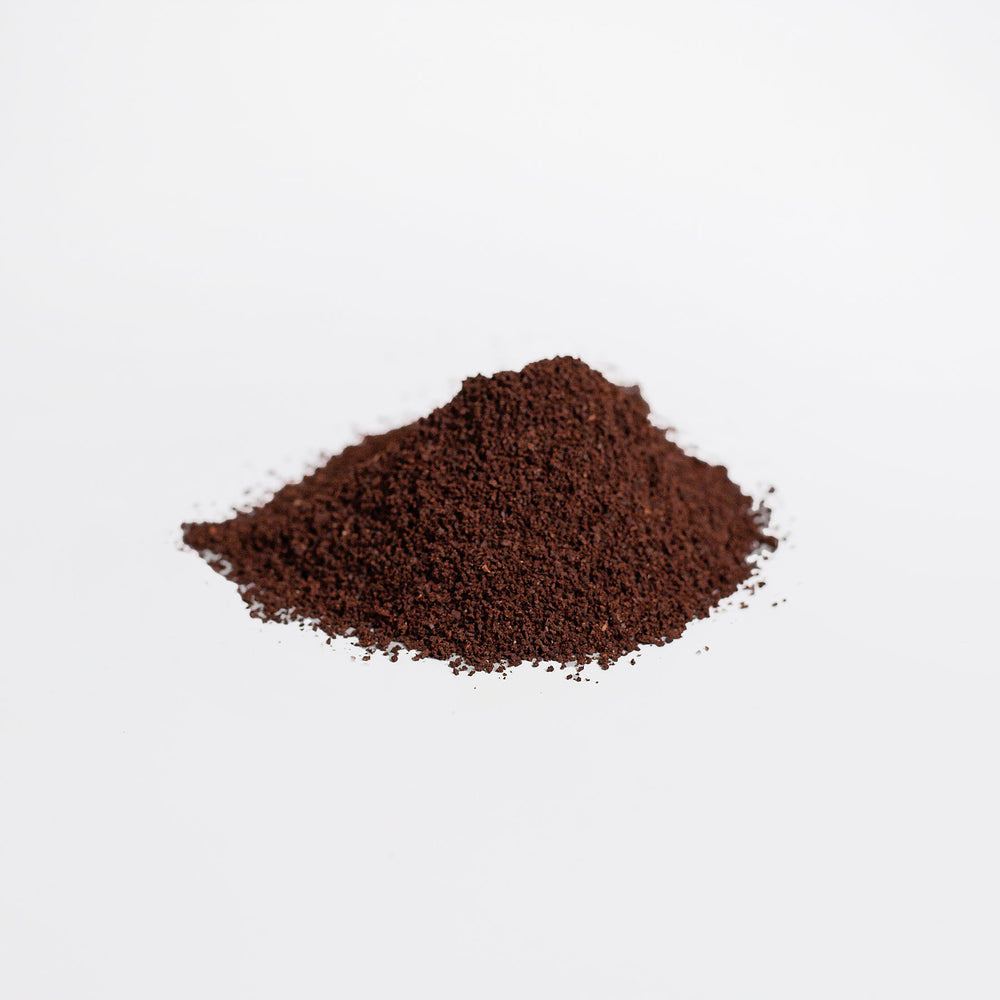
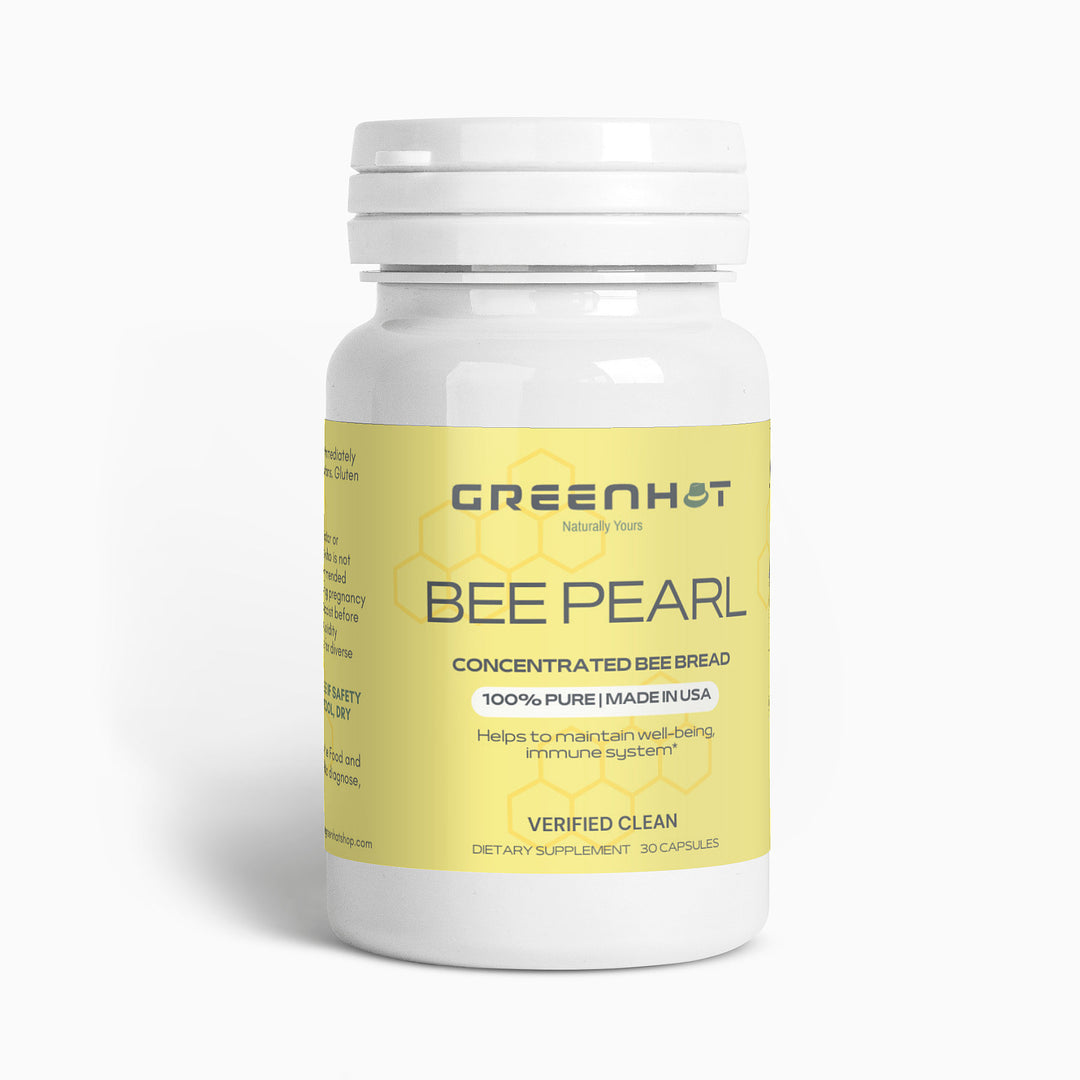
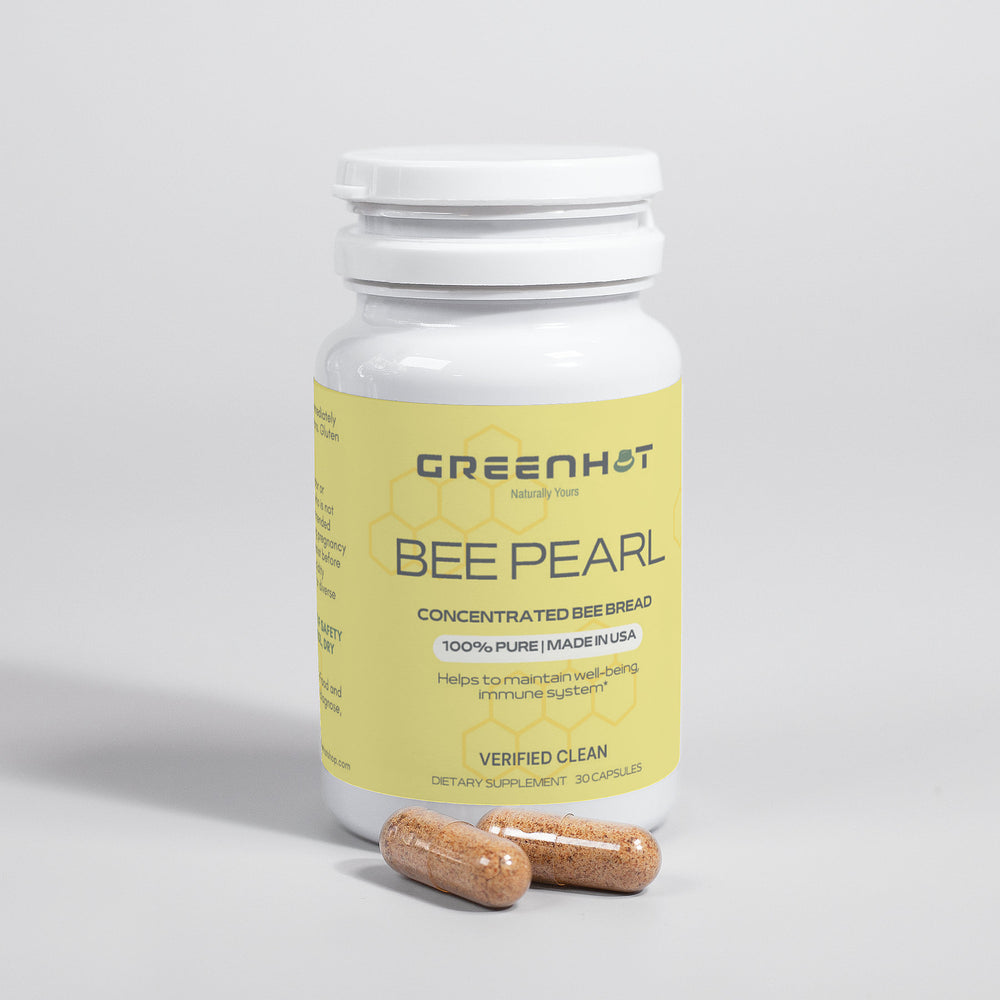
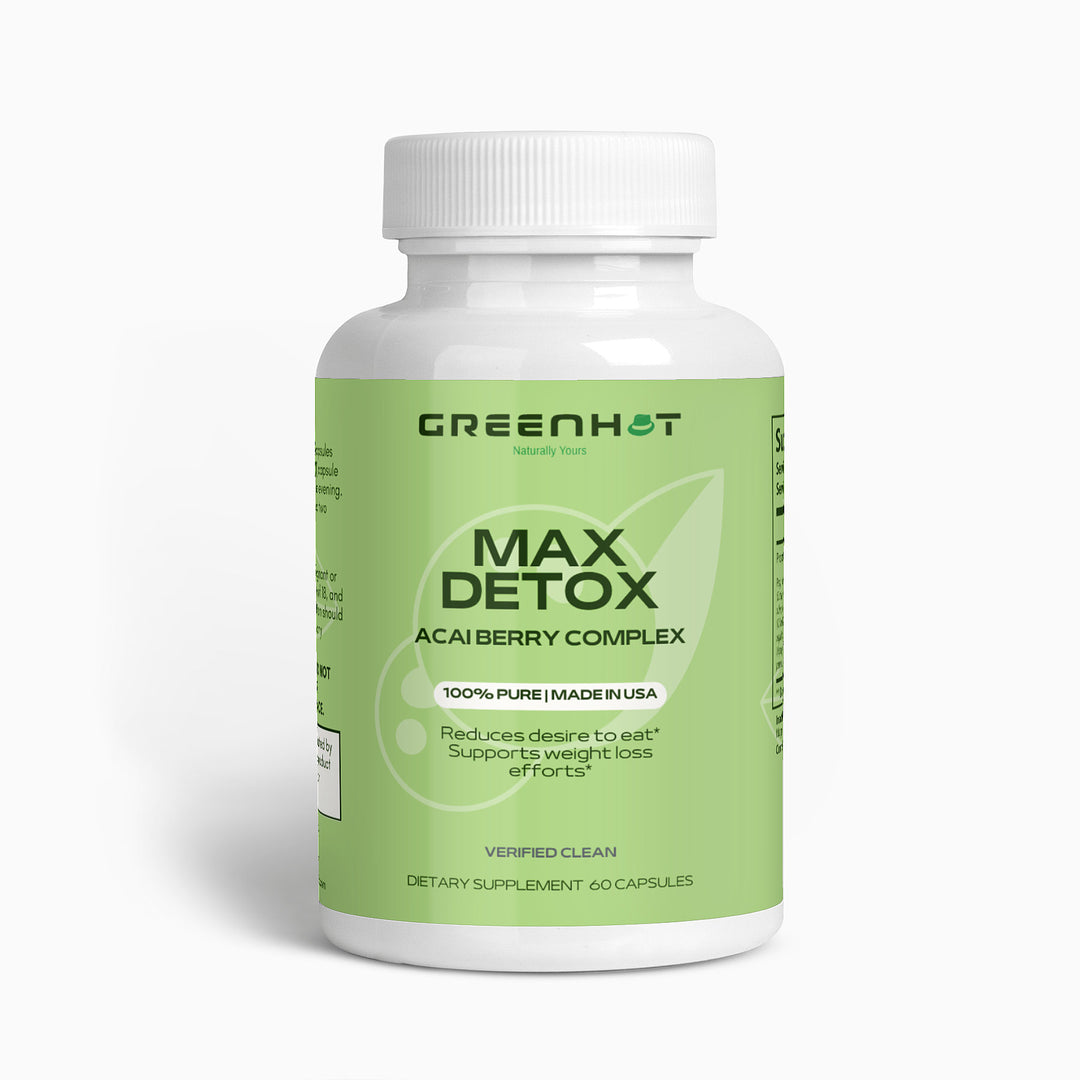
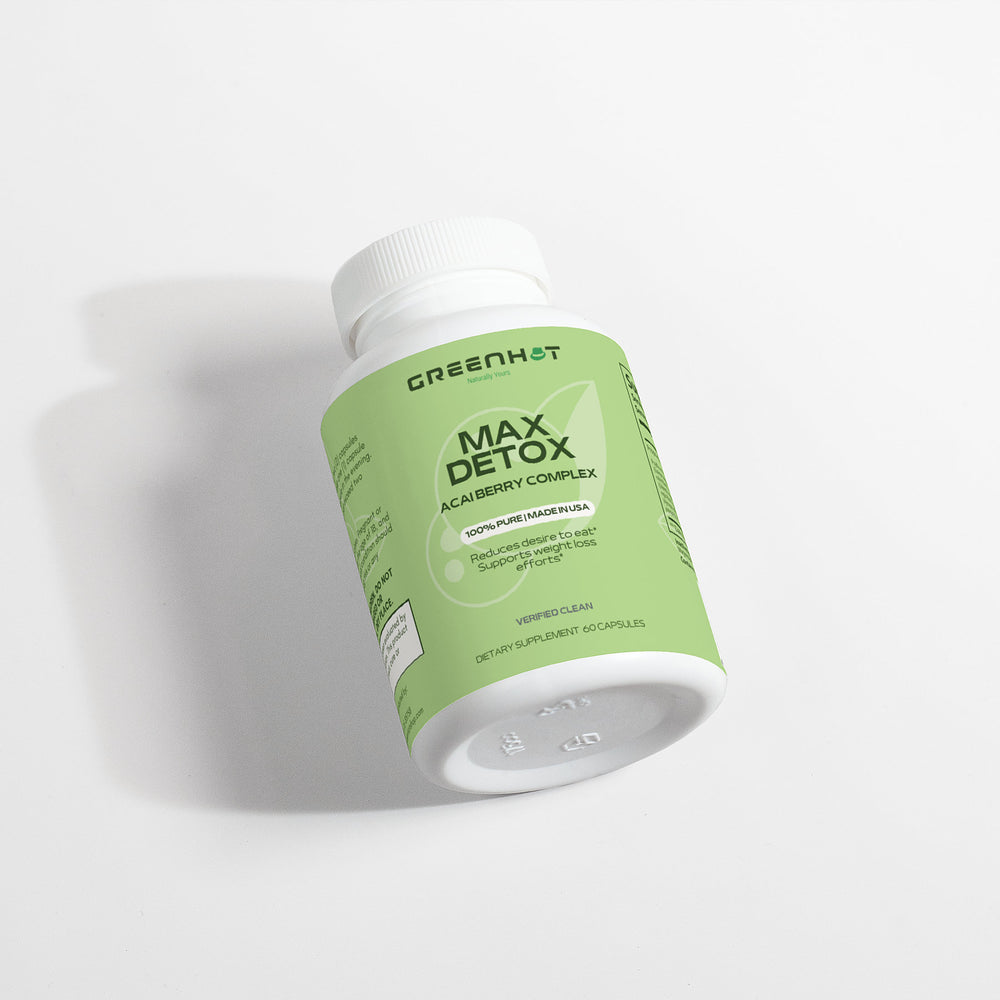
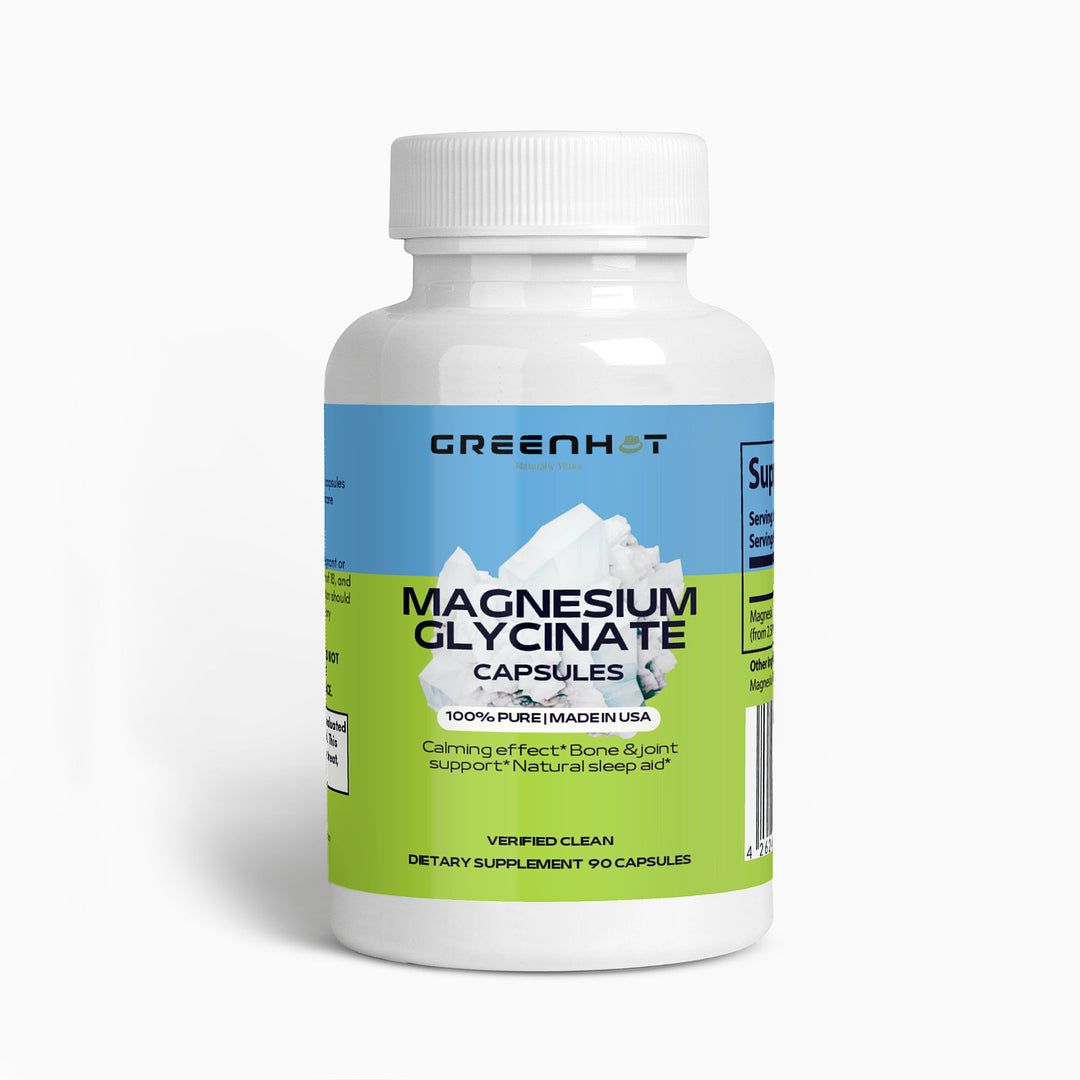
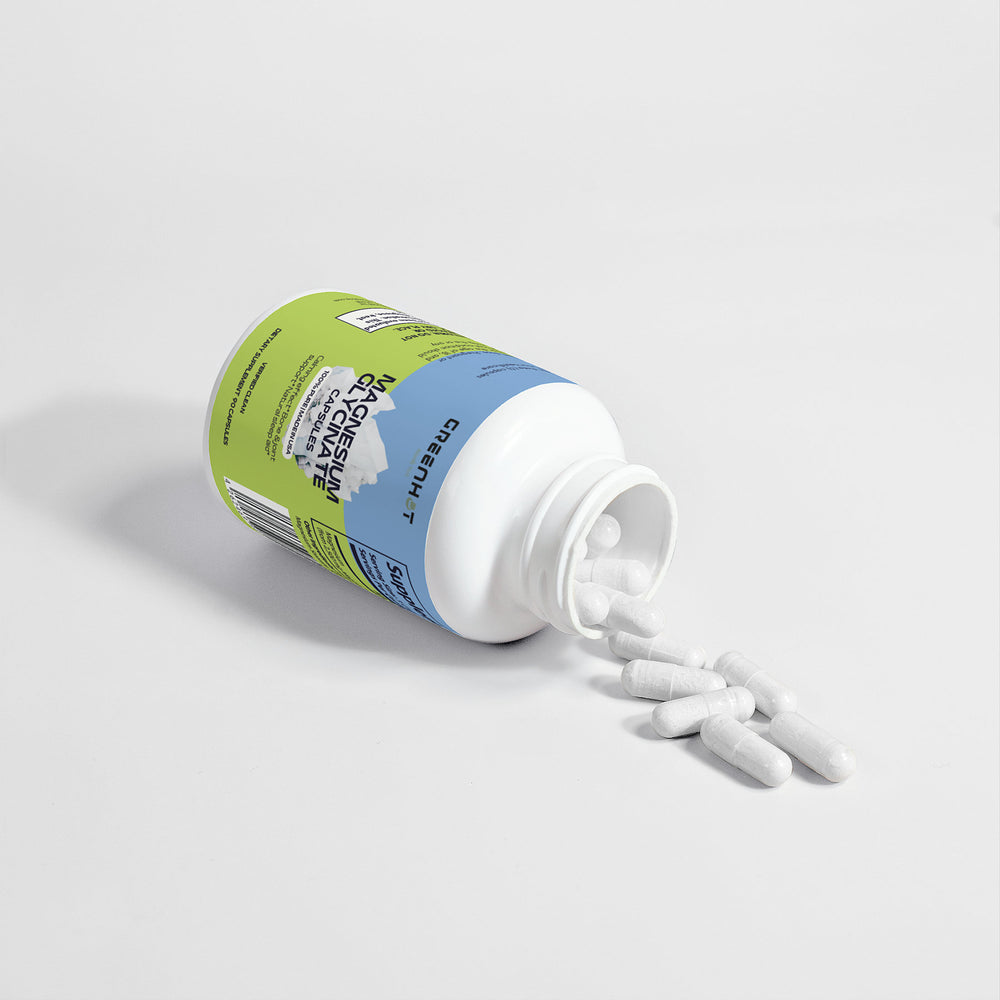

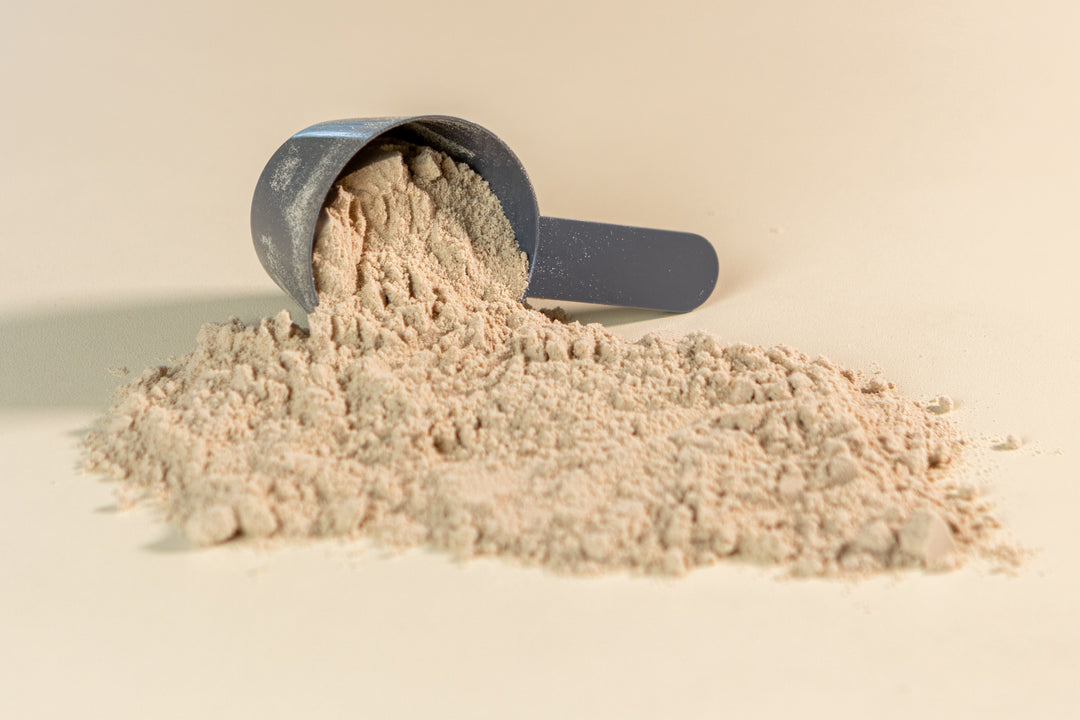
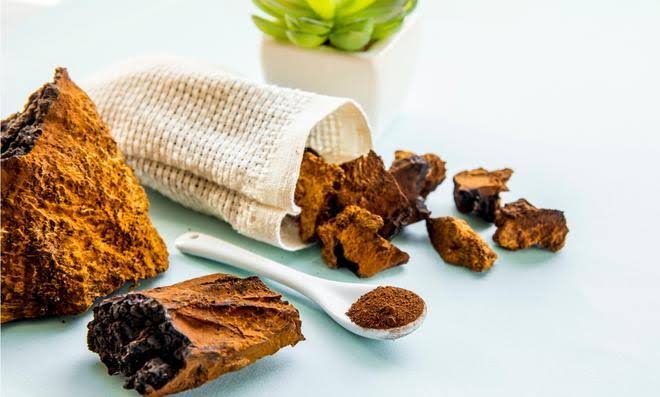






Leave a comment